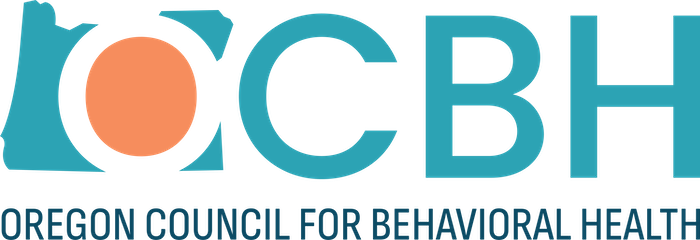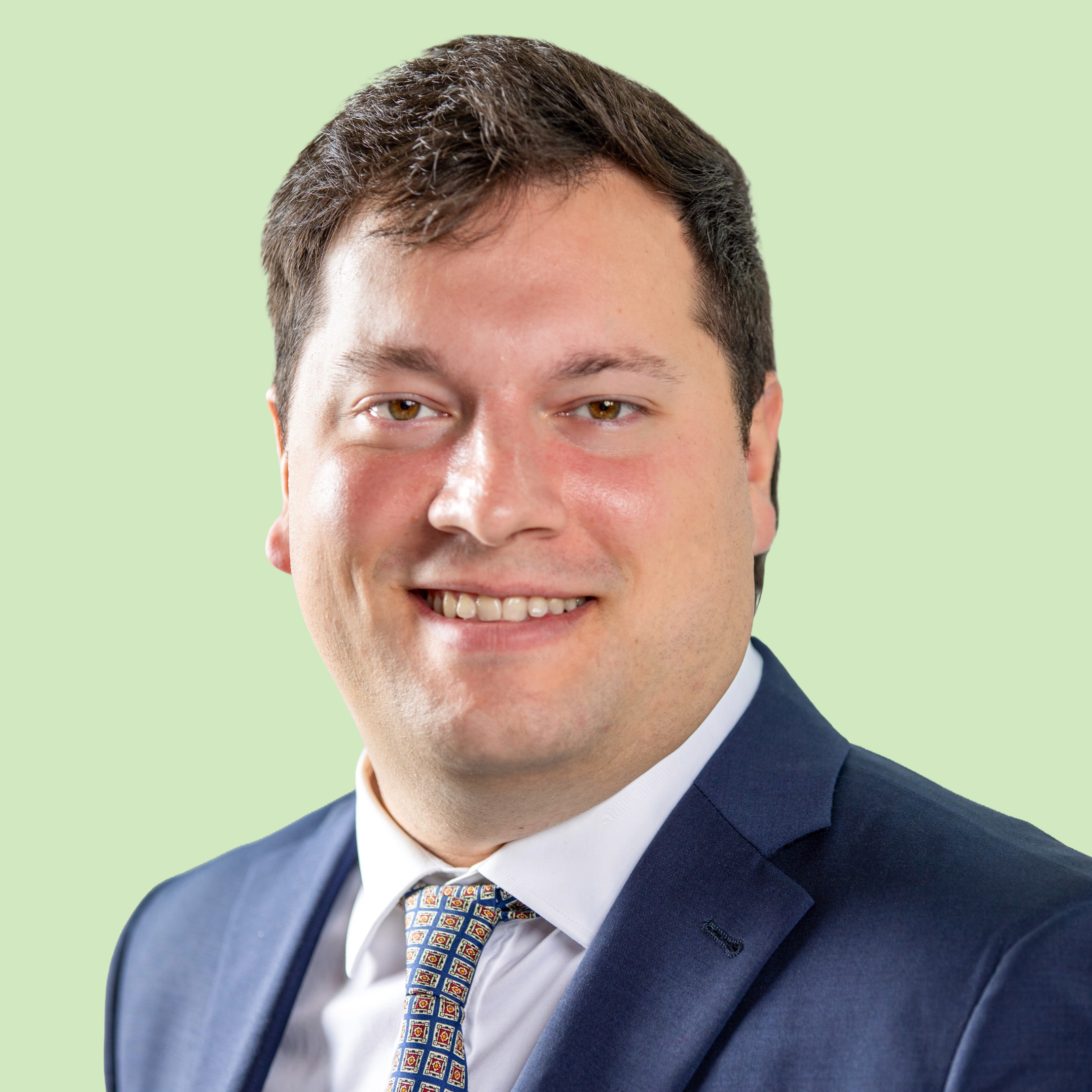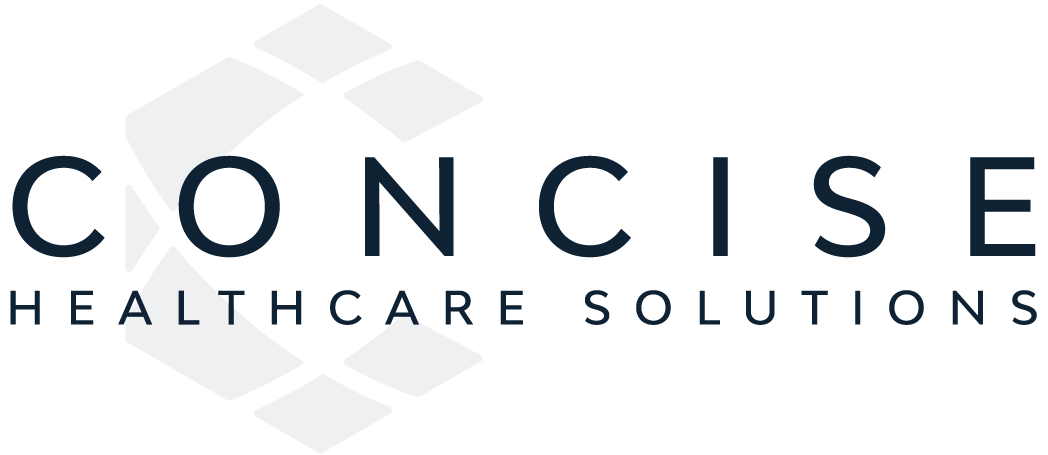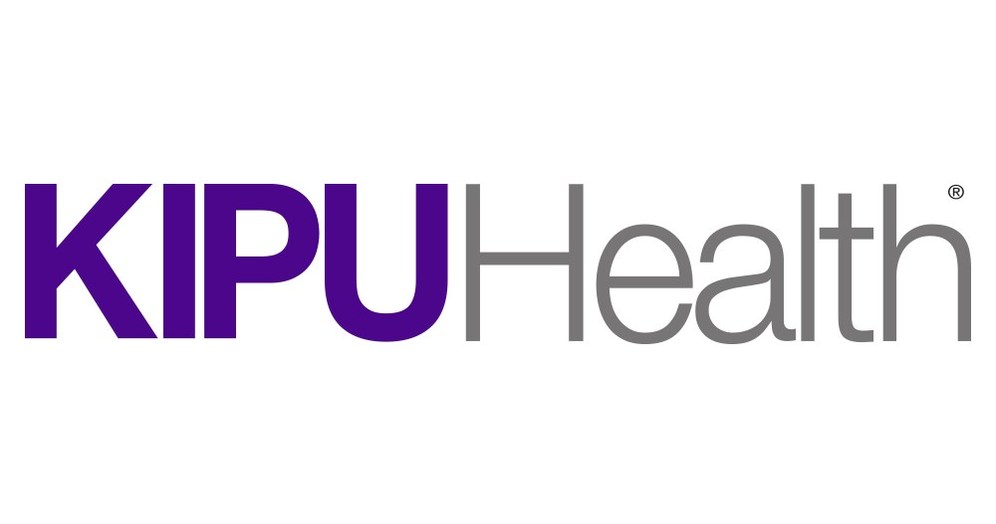|
About Oregon Council for Behavioral Health
OCBH is a dynamic statewide trade association in Oregon, uniting over 70 private and non-profit providers of Behavioral Health Services across the state. As a leading force in the sector, our unwavering commitment is to advance access to treatment and care for all Oregonians.
Collaboration and partnerships are central to our mission, as we work to unite prevention, education, and treatment providers with mainstream healthcare, other behavioral health and social service providers, criminal justice, state agencies, and organizations that share our vision of reducing the stigma of substance use and mental health disorders.
Through our advocacy efforts, we have accomplished several key initiatives, including securing rate increases for adult and youth residential treatment, advocating for legislation to protect the interests of organizations providing sobering centers, and raising awareness of the importance of the IMD (Institutes for Mental Disease) exclusion.
At OCBH, we are proud of what we have achieved, and we are committed to continuing our efforts to ensure that all Oregonians have access to the quality care and support they need to lead healthy, fulfilling lives.
Meet the OCBH Team
OCBH HistoryIn the 1970s, the Oregon Prevention Education & Recovery Association (OPERA) was established with the primary goal of fostering collaboration between program and clinical leadership. This initiative aimed to provide mutual support, technical assistance, training, and guidance within the community. Over time, it became evident that OPERA could also serve as an advocate for the needs of our clients and for the advancement of evolving practices in the field. As a result, OPERA developed significant relationships with state and county governments, as well as with the legislative body. Notably, in the early 1990s, when the Oregon Health Plan was introduced, OPERA played a vital role in ensuring that substance use disorder treatment was included as a covered benefit. In 2009, the Oregon Residential Providers Association (ORPA) was established with the objective of ensuring that the residential service system maintained a high standard of quality, effectiveness, and integration within the broader Oregon continuum of mental health care. In 2018, OPERA and ORPA forged a strategic alliance, giving rise to the Oregon Council for Behavioral Health (OCBH) organization. OCBH is a statewide trade association comprising licensed community treatment program providers. OCBH unites prevention, education, and treatment providers with mainstream healthcare, other behavioral health and social service providers, the criminal justice system, state agencies, and organizations dedicated to advancing our mission and reducing the stigma surrounding substance use disorders, mental health, and behavioral health. Our impact is not confined to Oregon alone; we are recognized on a national scale as well.
OCBH Board of DirectorsThe OCBH Board of Directors is instrumental in guiding the organization towards continued success. With their strategic vision and steadfast commitment to the mission, the Board plays a pivotal role in ensuring that OCBH remains at the forefront of advocating for the Oregon behavioral health continuum of care.
Board Members At-Large:
|

 Heather Jefferis
Heather Jefferis Tia Hotzler
Tia Hotzler Heather Ray
Heather Ray
 Adam Kane
Adam Kane



